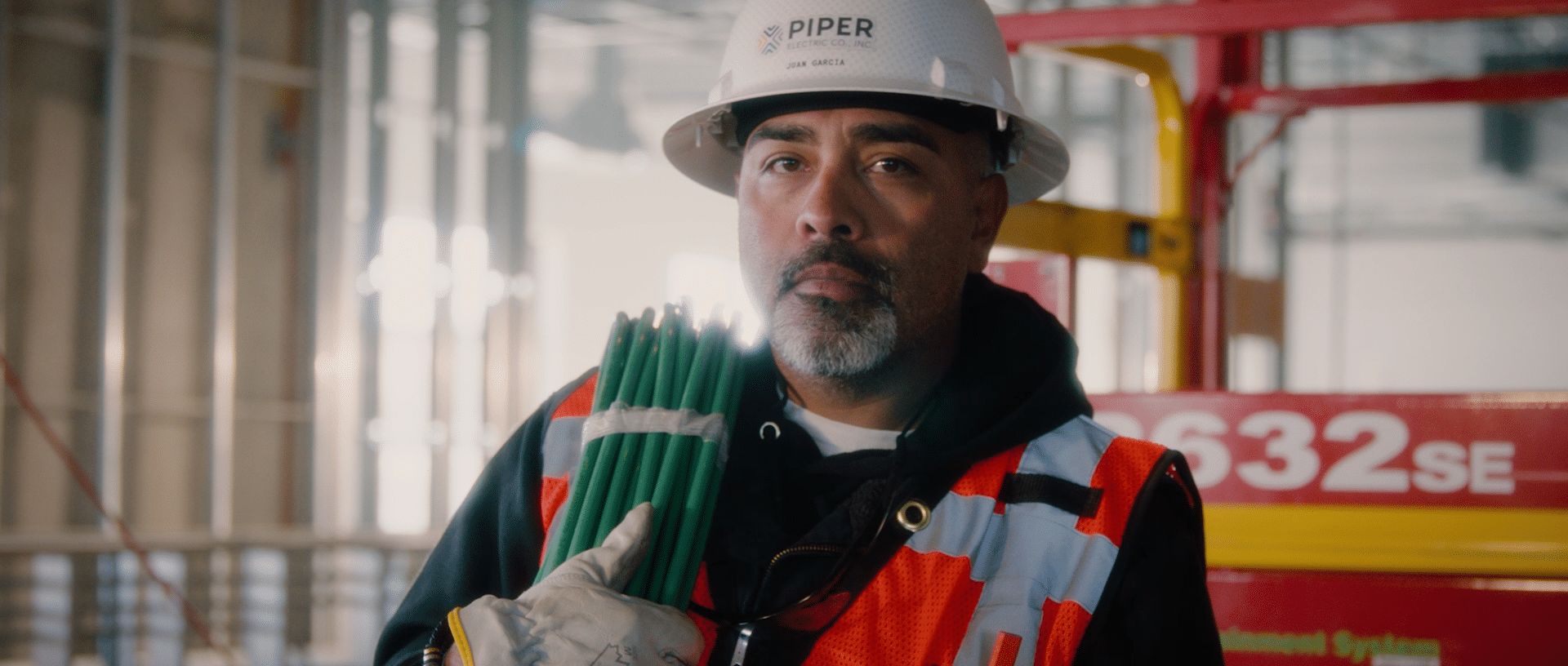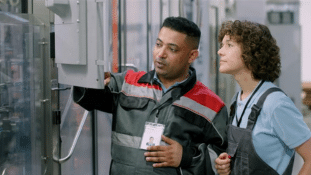

BLOG
ELECTRICAL CONSIDERATIONS FOR COMMERCIAL SPACES
5/13/24
If you are a commercial building owner or are considering investing in one, you know that there are many things to manage in order to keep the building running at its peak performance. One of the most important things to consider is the electrical status — or lack thereof — of the building.
Electrical malfunctions can be extremely dangerous for a building and its occupants, which is why hiring a top-rated electrical company is critical. Our partner company, Piper Electric, is an expert in designing, installing, and maintaining your commercial electrical systems, all while ensuring the safety of everyone involved. Read further to see what Piper Electric’s top considerations are for effective electrical management in commercial spaces.
The Correct Electrical Distribution System
The size of your commercial building depends on the type of distribution system. Either way, it is critical to design a robust electrical system that evenly distributes and delivers power to all the building areas. Factors that must be considered are voltage levels, load balancing, and circuit protection. The correct distribution system also allows for more accurate electrical load calculation. It will ensure that the panels, circuits, and wiring can all handle the demand.
Proper Electrical Safety Measures
Implementing proper safety measures applies to the electrical grounding and bonding. Correct grounding and bonding will help protect against fires, electrical shock, and other hazards. There are code regulations for commercial buildings to abide by when it comes to specific installations, such as GFCIs (Ground Fault Circuit Interpreters) and AFCIs (Arc Fault Circuit Interpreters). These will stop electrical currents when there is an overload, preventing potential hazards.
Emergency Ready
Implementing proper safety measures applies to the electrical grounding and bonding. Correct grounding and bonding will help protect against fires, electrical shock, and other hazards. There are code regulations for commercial buildings to abide by when it comes to specific installations, such as GFCIs (Ground Fault Circuit Interpreters) and AFCIs (Arc Fault Circuit Interpreters). These will stop electrical currents when there is an overload, preventing potential hazards.
Fire and HVAC Integration
Did you know you can integrate fire alarms with the electrical system? It is an extensive safety measure to ensure the two systems are interconnected to activate the alarms and vent systems in an emergency. Always have an HVAC system. HVAC systems prevent overloads during the peak usage of electricity by managing the electrical loads regularly.
Scalability and Routine Maintenance
Scalability means your electrical design is equipped to handle multiple electrical demand levels (size and variations of electrical parts) without compromising cost or performance. In commercial spaces, there needs to be room to adapt to more or less electrical panels at any point in time. It is essential to hire electrical professionals for large jobs as they are up to date on rules and regulations and experienced in creating scalable electrical designs. This leads to routine maintenance. Having an electrical professional operate routine maintenance is crucial because it avoids safety hazards and allows for changes to panels or circuits as needed.
Remember that these considerations may vary based on the size of the commercial building and the intended use of the building. There are specific requirements for commercial buildings along with local regulations. If you have further questions, contact us at Crete United and we’ll make sure that one of our licensed technicians is able to assist you. All of our techs are proficient in electrical training and will be able to answer questions you may have.






